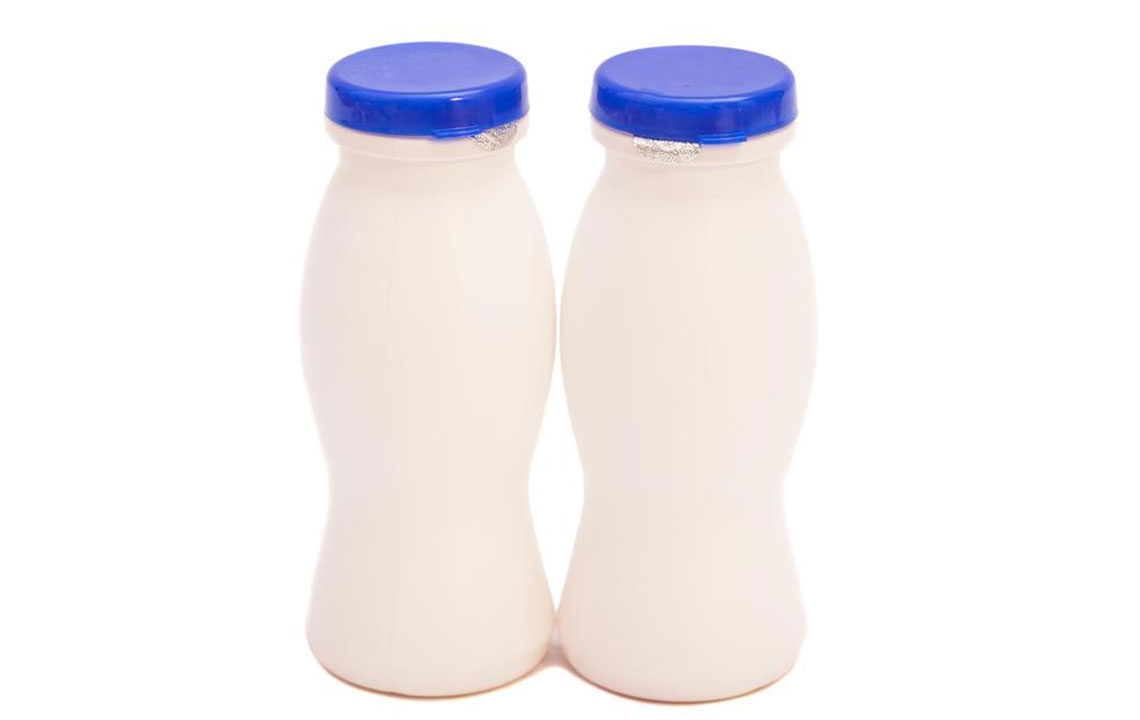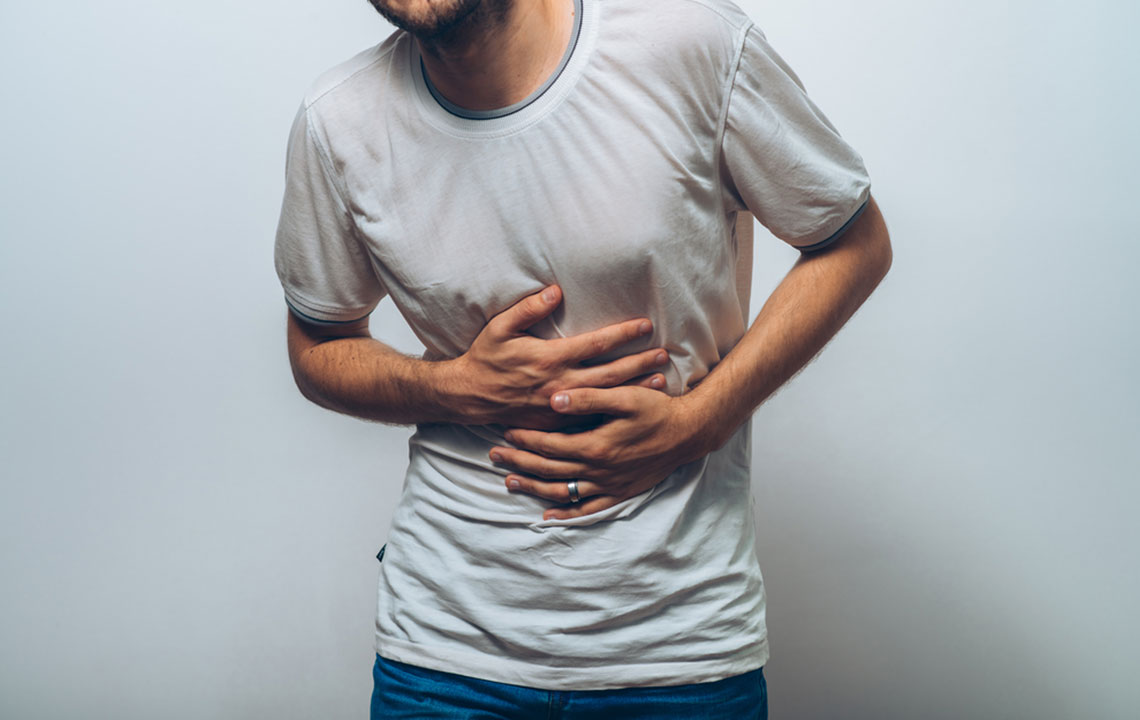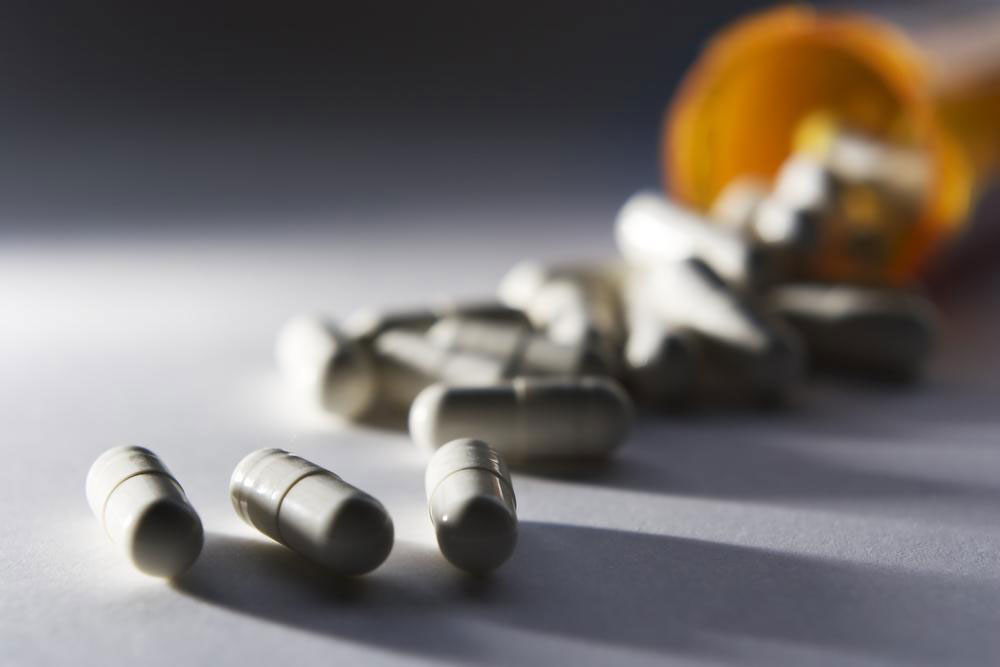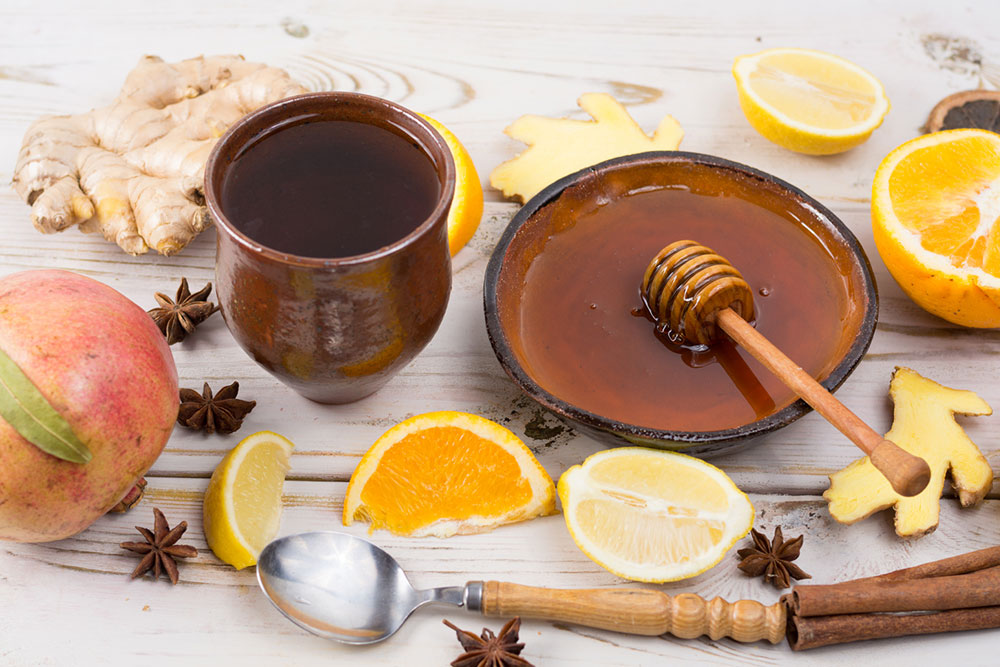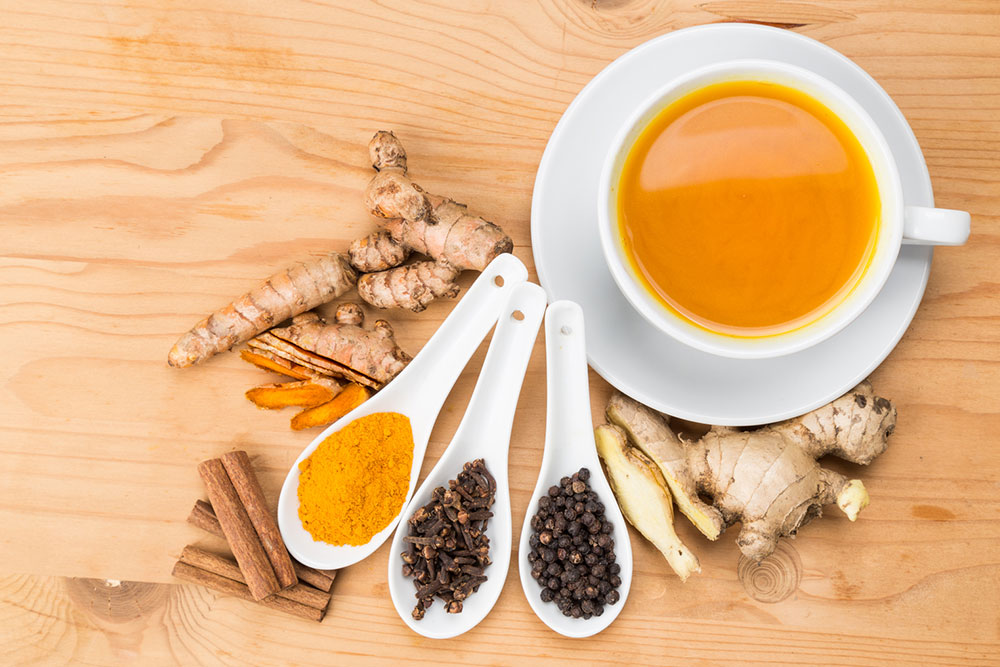Understanding Cleansing versus Detox: Are They the Same or Different?
Discover the key differences between cleansing and detoxification. Understand their unique goals, processes, durations, and potential health effects. Learn how to choose safe, effective routines to support your body’s detox efforts and improve overall health with expert guidance and prudeness.
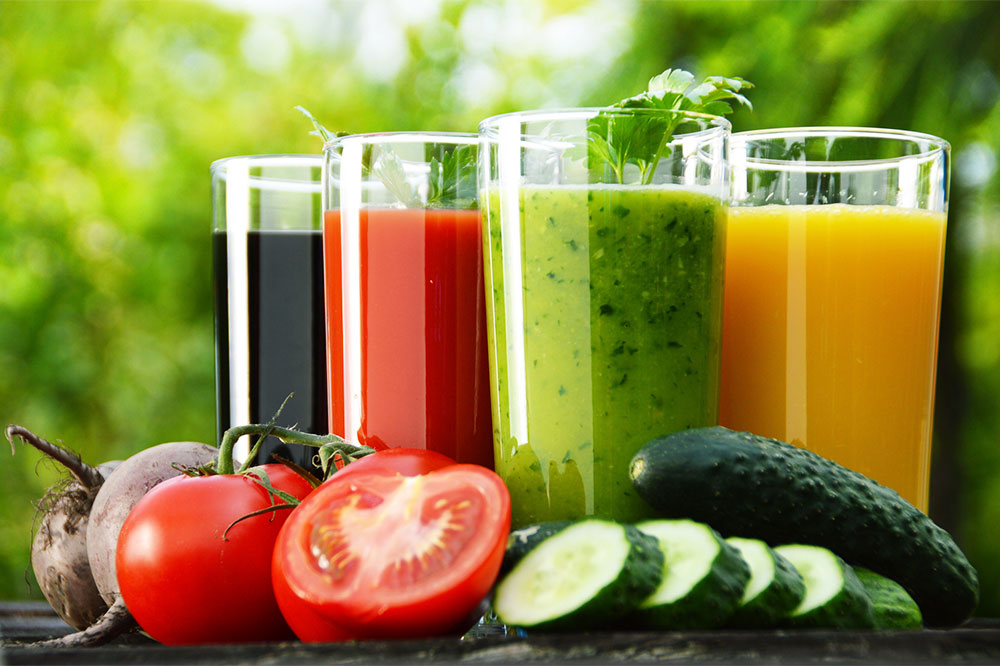
Understanding Cleansing versus Detox: Are They the Same or Different?
Many assume that cleansing and detoxification serve the same purpose—to eliminate toxins from the body. However, these terms, while related, have distinct meanings and approaches. Cleansing typically emphasizes supporting the digestive system through specific eating routines, whereas detoxification involves comprehensive bodily processes to eliminate toxins at the cellular level. Both aim to improve health and well-being by promoting a cleaner, healthier body, but their methods, duration, and goals differ significantly. Exploring these differences can help you choose the right approach to enhance your health.
What is detoxification?
Detoxification is closely linked with the body's metabolic functions, primarily managed by the liver. This process involves converting toxins—such as pollutants, heavy metals, and chemicals—that enter the body through air, food, and skin, into waste products for elimination. Regular detox helps prevent toxin buildup, supporting overall health and bodily functions.
What does cleansing involve?
Cleansing focuses on dietary habits that aid the body's natural detox processes, mainly targeting the digestive tract. It includes eating clean, natural foods, and sometimes practicing fasting or juicing, designed to rest and rejuvenate the gut, alleviate digestive issues, and promote a feeling of vitality.
Similarities between cleansing and detoxification
Both practices emphasize nutritious, wholesome eating and maintaining a clean diet to promote health. They aim to enhance energy levels, reduce cravings, and foster a sense of well-being. Despite their shared goal of promoting health, they employ different methods and focus on different aspects of the body.
Key distinctions between cleansing and detoxification
Objectives: Cleansing maintains daily digestive health and support for routine detox functions, while detoxification seeks to deeply cleanse at a cellular level for overall health, weight management, and toxin removal.
Duration: Cleansing programs are typically short-term, lasting days to a week, whereas detox plans may extend from several days to weeks, involving lifestyle changes.
Processes involved: Cleansing emphasizes dietary routines like fiber-rich foods, juices, and simple meals. Detoxification involves complex phases like fasting, herbal remedies, colon cleansing, and therapies aiming to eliminate toxins from tissues and organs.
Types: Cleansing includes colon cleanups, juice fasts, and parasite cleanses. Detox methods include intensive detox regimes with treatments like colon hydrotherapy and therapeutic massages.
Side effects and precautions
Both processes can have adverse effects such as fatigue, headaches, nutritional deficiencies, or gastrointestinal disturbances if not properly managed. Long-term or extreme detox programs pose health risks like electrolyte imbalance or organ stress. Therefore, consulting healthcare professionals before starting a detox or cleanse is strongly recommended, especially for pregnant women, teens, or individuals with existing health conditions. Always choose FDA-approved products and seek medical advice to ensure safety.
Note:
Our articles aim to provide informative insights into health topics. We advise readers to conduct thorough research and consult medical professionals before undertaking cleansing or detox programs. The information shared is for educational purposes and should not replace professional medical guidance.


